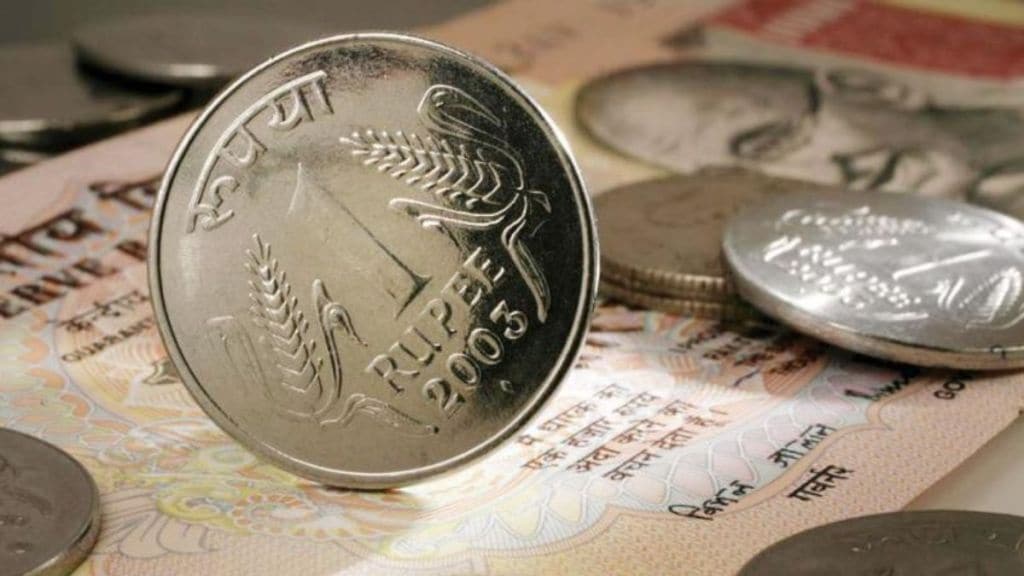The recent comment by chief economic advisor V Anantha Nageshwaran that the private sector must play a greater role in scaling up investment was seen in the context that India Inc is hesitant in investing.
While a majority of companies said they have the appetite to invest and will be in action mode soon, some others are still in a wait-and-watch mode.
Sanjiv Mehta, managing director and CEO of Hindustan Unilever (HUL) and Ficci president, said the risk appetite of private sector hasn’t gone away. “If India keeps growing at 6-7%, then I see no reason why capacity utilisation won’t go up and people will start investing,” he told CNBC TV 18. He said that companies like HUL and many others are continuing to invest and so will others. “The capacity utilisation during Covid period was 60-70% and it’s only going to grow up from here.” According to Mehta, there’s lot of capacity trapped in the form of non-performing assets and as they get released through the National Company Law Tribunals, there will be a significant change in the scenario.
Speaking at the same forum, Mahindra & Mahindra managing director & CEO Anish Shah saidhis group is continuing to invest in the India story. “From the private sector we are seeing a lot of investments coming in and at Mahindra Group in particular, we are doubling our auto capacity … We just announced `10,000 crore of investments for EVs in Maharashtra. We plan to make in India for the world.”
However, not everyone is as gung-ho. According to data from Crisil, capacity utilisation in most sectors is in excess of 65% (FY23 estimates), with steel and tractors at close to 80%.
Some say there are still little signs that the corporate sector is going for investments in a big way. Most heavy lifting, in terms of capex, is still being done by state and central governments.
Amit Agarwal, Group CFO at Raymond told FE that there is a mixed view on private capex.
“On one hand, the production linked incentive (PLI) schemes introduced for certain sectors, a China-Plus-One strategy and the past few decades of significant growth in the industry have resulted in improving private sector capex spends. On the other hand, inflation and an increase in the cost of borrowings are deterrents while taking a call on capex,” he said. Agarwal added that there is reluctance from corporates to invest in projects with long gestation.
According to Murali Ramakrishnan, MD and CEO of South Indian Bank, stressed sectors such as cement (adversely impacted by rising coal prices), and volatile prices in steel and jewellery sectors are other reasons for big-ticket capex not happening in these sectors.
“Corporates will only go for capital expansion when they feel the economy is stable and will not face any shocks. Today, there is a liquidity constraint, rates are volatile and a raging global war. So, it will not be in the best interest of any organisation to look at a huge capital outlay for a new project. It may be happening in some sectors, but it is not seen across the board,” Ramakrishnan added.
According to Niranjan Hiranandani, MD of Hiranandani Group, private players have been slow in stepping up capital expenditure due to rude shocks from various quarters — pandemic, inflation, geo-political turmoil, energy and food crisis, fragile supply chain, and a historic peak in the cost of fuels.
“Such economic vagaries cast a shadow on the investment-expansion plans along with the looming recessionary threat,” he said.
According to Crisil Research, capex spends of the top 300 listed companies in the first half of fiscal 2023 accounted for nearly 60% of previous fiscal. With the second half of the fiscal generally seeing stronger capex spends, there would be a 20-25% rise in spends in FY23, it said.
“With the government aiming to increase the share of manufacturing in India’s GDP to 25% from 18% in FY22, coupled with Make in India and Atmanirbhar Bharat, attracting private industrial capex plays an important role. The government has taken steps in that regard by reducing corporate tax rates coupled with announcing the PLI scheme across 14 sectors,” Hetal Gandhi, director, research, at Crisil Market Intelligence and Analytics, said.
However, while most say that private capex will take some more time to take off, according to Anil Yadav, director, investors’ relations, IRB Infrastructure Developers, the investments in infrastructure will not be impacted by the global recession.
“In the roads sector, we have seen good response for PPP projects including Build–Operate–Transfer projects and there are takers for the projects. India is in a unique position and there will be no impact of global recession,” he added.

